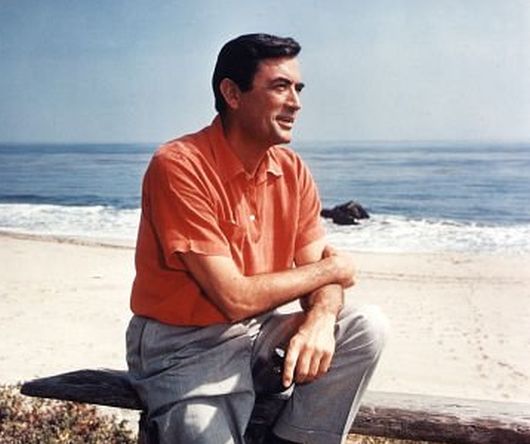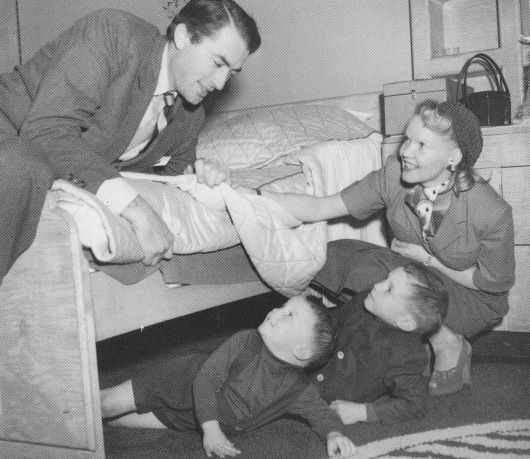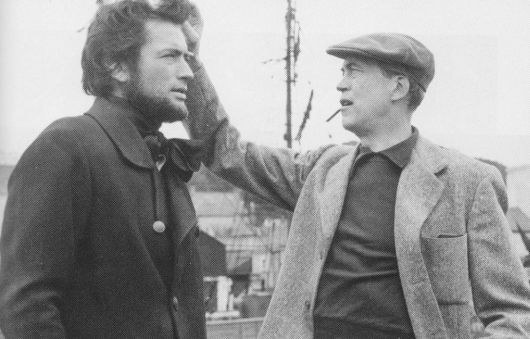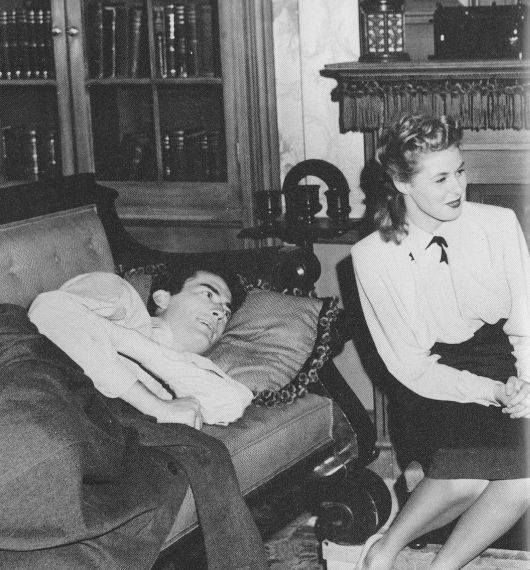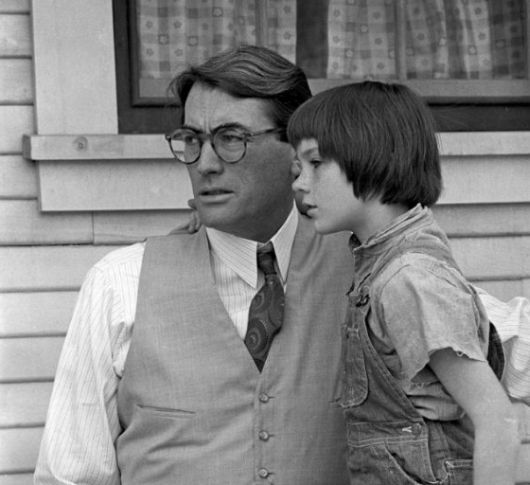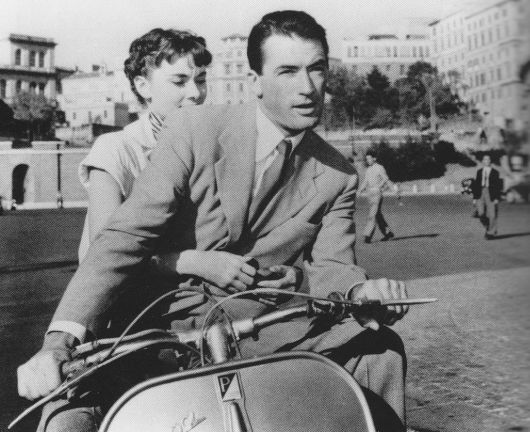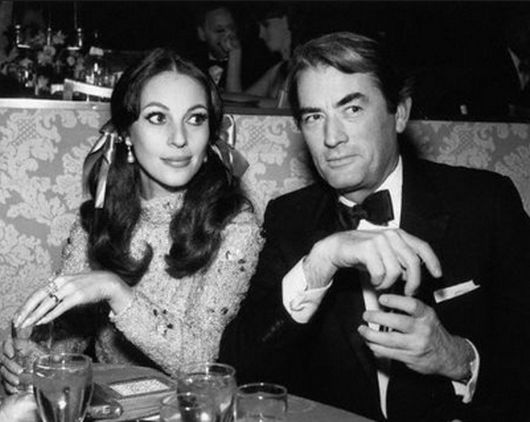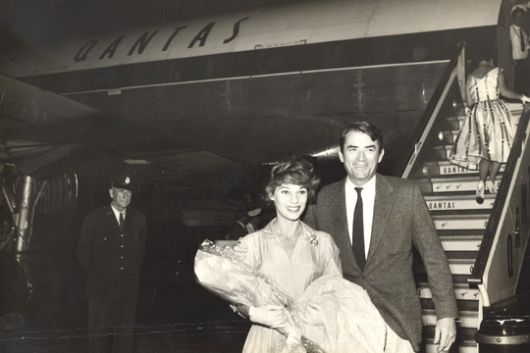 NEW YORK
NEW YORK In Which Malcolm Lowry Despised New York
 Tuesday, June 24, 2014 at 11:42AM
Tuesday, June 24, 2014 at 11:42AM 
Substance Abuse
by ELLEN COPPERFIELD
Malcolm Lowry's biggest bout of binge drinking began when his suitcases were lost en route to New York in 1954. His wife Margerie was used to dealing with his inebriation; his other caretaker in the city was David Markson, a young novelist who had written a critical appreciation of Lowry's 1947 novel Under the Volcano. Markson later wrote,
The man could not shave himself. In lieu of a belt, he knotted a rope or a discarded necktie around his waist. Mornings, he needed two or three ounces of gin in his orange juice if he was to steady his hand to eat the breakfast that would very likely prove his only meal of the day. Thereafter a diminishing yellow tint in the glass might belie the fact that now he was drinking the gin neat, which he did for as many hours as it took him to. Ultimately he would collapse — sometimes sensible enough of his condition to lurch toward a bed, though more often he would crash down into a chair, and once it was across my phonograph.
During a subsequent party held in his honor, Lowry pre-gamed by drinking a bottle of shaving lotion. Markson recalled that during the event "suddenly, cupping his hand to his mouth, he began to make sounds that can only be called beeps."

Lowry's favorite drink was a constantly evolving subject. He was not a mean drunk, particularly, although he was always careless. His constitution was actually state-of-the-art to be able to absorb the kind of damage he inflicted on it and survive. He saw drinking not as an art, or a path to understanding, but an inescapable part of his daily existence. Once Markson opened his eyes in the morning to find Lowry leering, "Do you have the decency to offer me a drink?"
 Lowry and Aiken in Spain 1932Through Malcolm Lowry's life, people were always trying to get him clean. If they liked his writing, they were far more inclined to put up with his behavior, which perhaps seems obvious, but the one thing really has little to do with the other.
Lowry and Aiken in Spain 1932Through Malcolm Lowry's life, people were always trying to get him clean. If they liked his writing, they were far more inclined to put up with his behavior, which perhaps seems obvious, but the one thing really has little to do with the other.
When he first arrived in the United States to stay with Conrad Aiken, he carried only a ukelele and a bunch of notebooks.
 with conrad aiken 1931
with conrad aiken 1931
He absolutely despised New York. He wrote,
In my experience — odi et amo — that particular city — it favors brief and furious outbursts, but not the long haul. Moreover for all its drama and existential fury, or perhaps because of it, it's a city where it can be remarkably hard — or so it seems to me — to get on the right side of one's despair.
 Acapulco in march of 1946
Acapulco in march of 1946
In his drunken state, he often wrote letters. He would usually start penning screeds to his friends, agents and publishers just when he had approached rock bottom, so they took on something of a desperate tone. Writing to his agent in 1967, he managed, "Please don't say I'm a shit...for not writing more when you have dealt so kindly with me. It's just that my mind won't work. I am having a lot to contend with right now."

Lowry believed that versions of mescal he imbibed might provoke useful hallucinations, although in reality he was making a common error. The drink had nothing to do with mescaline.
He was capable of getting in any amount of trouble while under the influence. On occasion he would drink himself under so badly that he resorted to asking witnesses if he had been violated sexually. But for the most part his tolerance was high enough that he did not black out completely.
 February 1946
February 1946
It seems stupid, in writing about Malcolm Lowry, to wonder why he drank so often and so much. Yet in his case, alcoholism constituted such a destructive act it almost demands an answer to a silly question.
Douglas Day wrote in his biography of Lowry that "Orally fixated types are prone to excessive drinking. Sons of austere and autocratic father are apt to express their rebellion against that parent by drinking. Guilt and fear, of sexual origin, are likely to express themselves in drinking. Reaction against a rigidly authoritarian religious upbringing may manifest itself in drinking."
 March 1947
March 1947
Day continues, explaining that "Lowry drank not so much because he chose to, as because he had to: from one source or another, he had acquired, by the age of eighteen, enough guilt — sexual and otherwise — and resentment and insecurity to have made it almost impossible for him to be anything but an alcoholic. He must have been an utterly miserable young man."
 what became the Calle Nicaragua in "Under the Volcano"
what became the Calle Nicaragua in "Under the Volcano"
The protagonist of Lowry's most famous work, Under the Volcano, spends about two-thirds of the novel under the influence. Even the book's most dedicated admirers seem to grow tired of this. The Consul's intoxication, at some point, ceases to be charming. He drinks primarily because he is lonely, but also because he is is afraid of sex, other people and the possibility he may be attracted to men.
Of the book Lowry argued that it was "designed, counterdesigned and interwelded that it could be read an indefinite number of times and still not have yielded all its meanings or its drama or its poetry." If only this did not sound like an excuse for his life rather than a strength of his literature.
Ellen Copperfield is the senior contributor to This Recording. She is a writer living in San Francisco. You can find an archive of her writing on This Recording here. She last wrote in these pages about Simone de Beauvoir.

"That Old Manhattan" - Julian Velard (mp3)
"New York, I Love It When You're Mean" - Julian Velard (mp3)

 ellen copperfield,
ellen copperfield,  malcolm lowry,
malcolm lowry,  new york
new york 








































